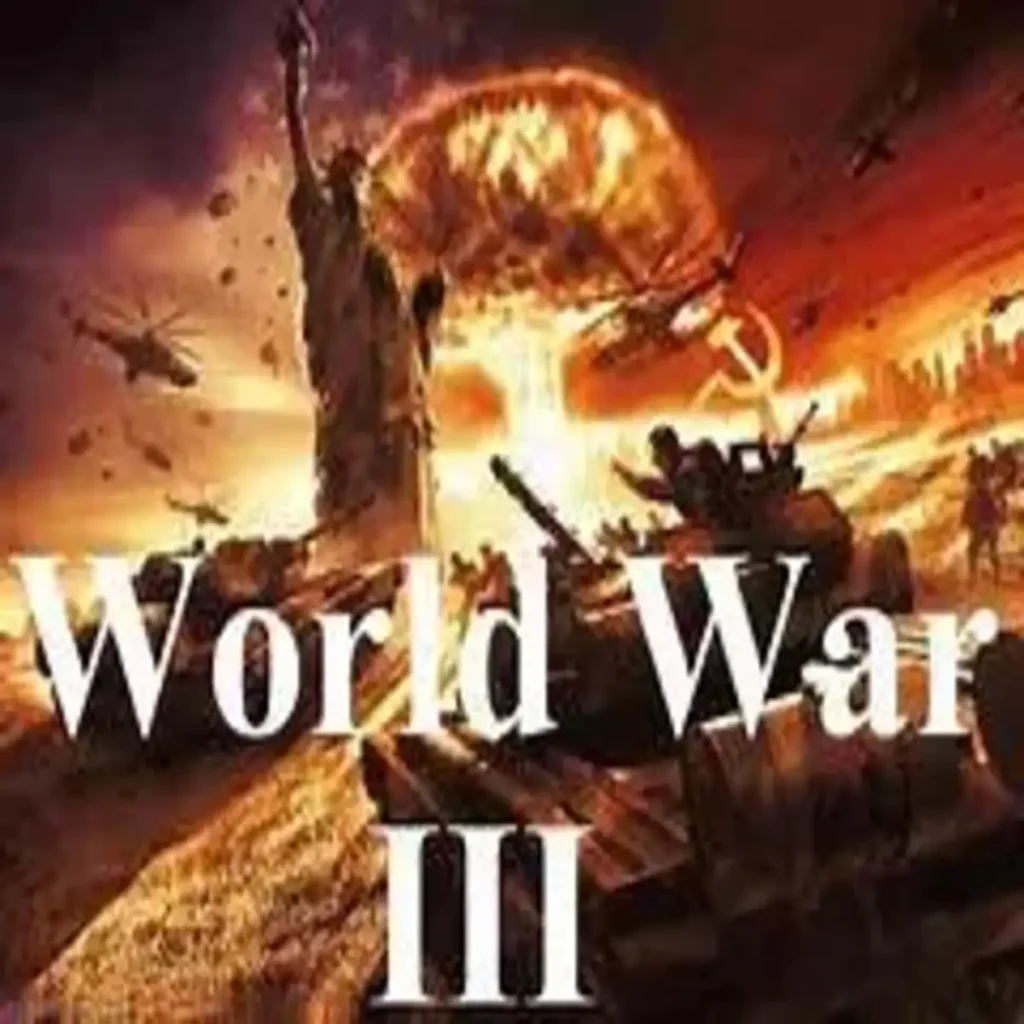Introduction
The idea of a Third World War looms like a shadow over the modern geopolitical landscape. While the First and Second World Wars redefined global power structures and inflicted untold suffering, the possibility of a third—fueled by nuclear technology, cyber weapons, and fractured diplomacy—threatens the very survival of humanity. This essay explores the potential causes, implications, and the collective responsibility we share to prevent such a catastrophe.
Potential Causes of World War III
1. Geopolitical Rivalries
Rising tensions between global powers—such as the United States, China, and Russia—have created fault lines over territories like Taiwan, Ukraine, and the Arctic. These rivalries, if left unchecked, could escalate into open conflict.
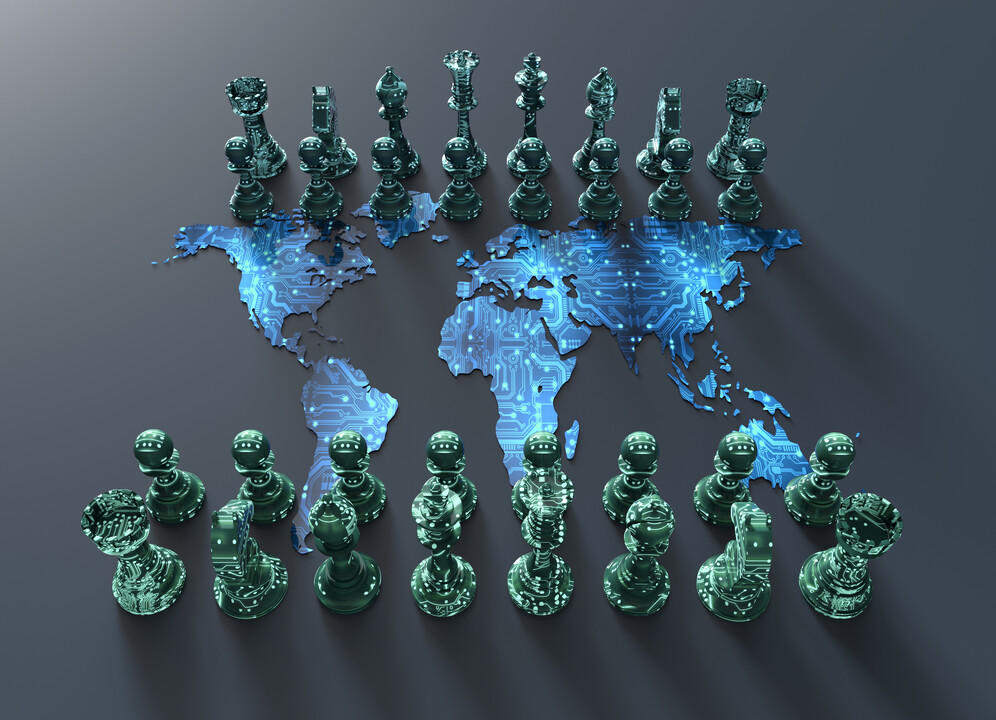
2. Resource Scarcity and Climate Change
Dwindling natural resources and environmental disasters are pushing nations toward desperation. Water scarcity, crop failures, and mass migrations could ignite future conflicts over survival rather than ideology.
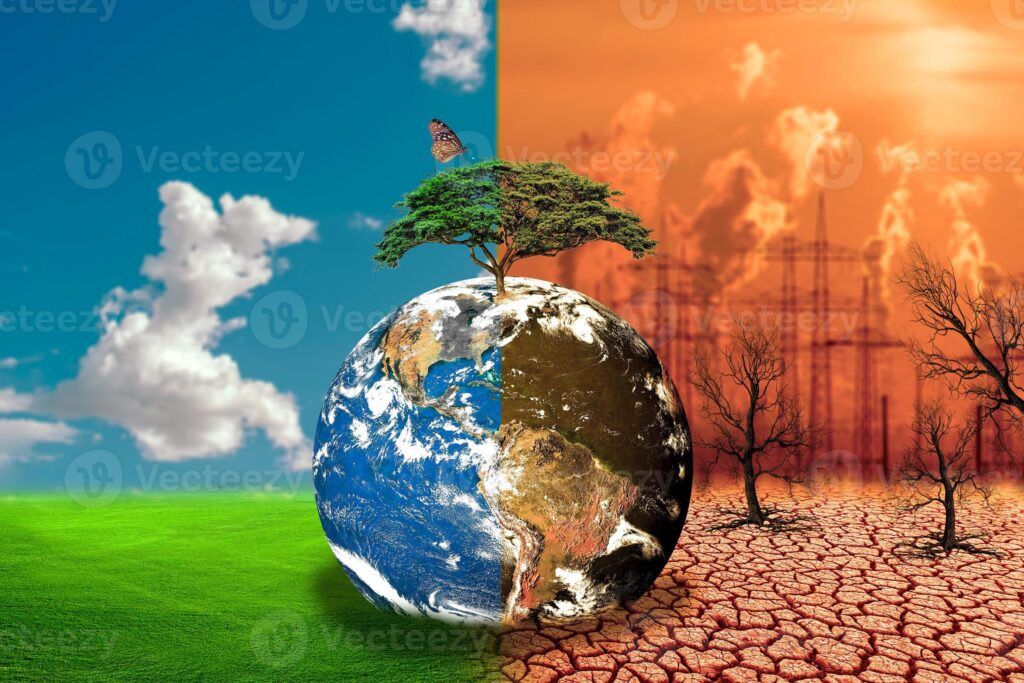
3. Nuclear and Cyber Warfare
Unlike previous wars, World War III would likely involve nuclear arsenals and digital battlefields. A single miscalculation or cyber-attack on critical infrastructure could trigger a chain reaction of retaliation.
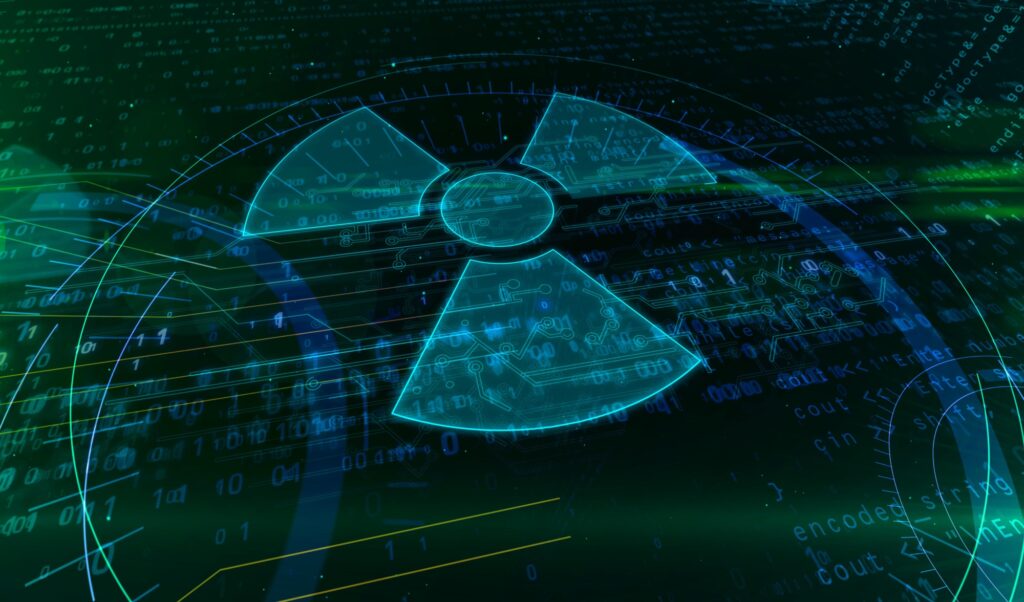
4. Rise of Nationalism and Authoritarianism
As populist and authoritarian regimes gain power, democratic norms and diplomatic dialogue weaken. National pride, when weaponized, can become a trigger for aggression rather than unity.
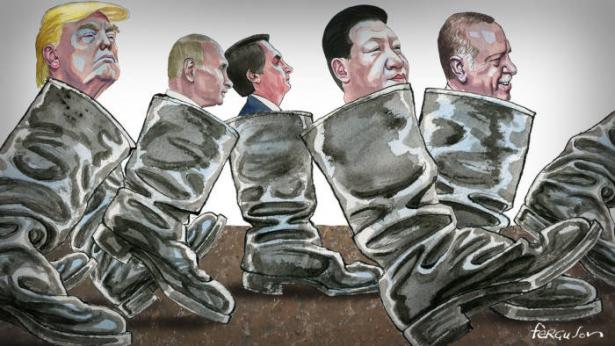
Consequences of a Global War
1. Human Cost
Estimates suggest that even a limited nuclear exchange could kill tens of millions within hours and devastate global health systems. Civilian populations would bear the brunt through famine, radiation, and collapse of governance.
2. Environmental Collapse
A large-scale war could lead to a “nuclear winter”—a drop in global temperatures due to soot in the atmosphere. Climate change would accelerate, potentially ending agriculture and biodiversity as we know it.
3. Collapse of Civilization
World War III may not leave any victors. Political institutions, global trade, and economies would unravel. Humanity might regress into a dark age where survival takes precedence over progress.
Preventing the Unthinkable
1. Diplomacy and Dialogue
Conflict prevention must prioritize sustained diplomatic channels, multilateral treaties, and international trust-building—especially among nuclear-armed nations.
2. Strengthening Global Institutions
Organizations like the United Nations need more autonomy and power to mediate disputes and hold aggressors accountable, rather than serving as symbolic bodies.
3. Public Awareness and Education
People must understand that war is not an abstract idea but a real and personal threat. Educating youth, resisting propaganda, and fostering cross-cultural empathy are crucial tools of peace.
Conclusion
World War III is not inevitable, but it is possible. The greatest tragedy would not be its outbreak—it would be our failure to stop it when we still had the chance. As we face a century marked by global interdependence and existential threats, choosing peace is no longer a moral option—it is a survival imperative. The war that wasn’t must remain that way.
